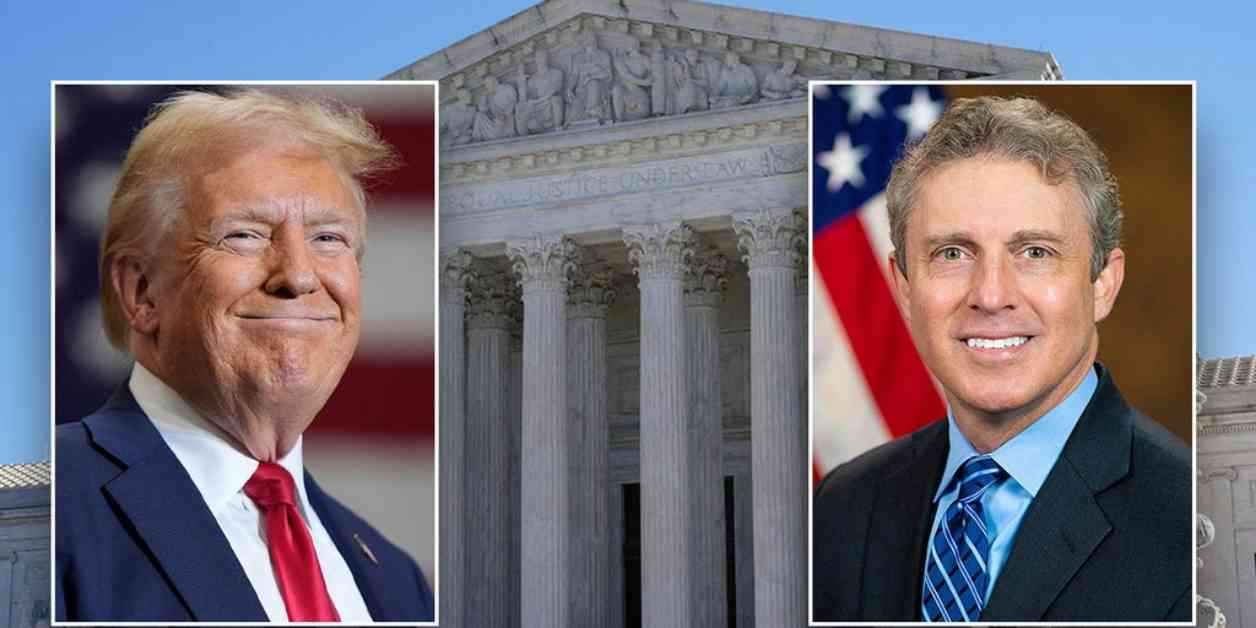Late Saturday, Washington D.C. District Judge Amy Berman Jackson made a significant ruling in the case involving President Donald Trump and Hampton Dellinger, the head of the Office of Special Counsel. This ruling has far-reaching implications and could potentially set the stage for a major constitutional challenge. Let’s delve into the details to understand the gravity of this decision and its potential impact on presidential powers.
Background and Legal Battle
Hampton Dellinger, the son of respected liberal scholar Walter Dellinger, was appointed to lead the Office of Special Counsel by President Joe Biden. Despite his confirmation for a five-year term starting in 2024, Dellinger found himself at the center of a legal dispute after receiving a terse termination notice shortly after Trump’s inauguration. This action raised concerns about compliance with federal statutes governing such removals.
Dellinger’s claim hinges on the Civil Service Reform Act, which limits the President’s authority to remove the Special Counsel only for specific reasons, such as inefficiency or neglect of duty. However, the termination notice provided by Trump did not cite any of these grounds, leading to a legal challenge by Dellinger.
Judge Jackson’s ruling declared Trump’s firing of Dellinger unlawful, citing a violation of the controlling statute. She emphasized the unique role of the Special Counsel as an ombudsman and a mediator in resolving complaints and grievances. While Jackson’s decision is rooted in a strict interpretation of the law, it opens the door to a broader debate on the extent of presidential powers in removing executive officials.
Constitutional Implications and Potential Challenges
The ruling in the Dellinger case raises questions about the balance of power between the executive and legislative branches. Judge Jackson’s emphasis on the independence of the Special Counsel underscores the delicate interplay between government agencies and the President’s authority to remove officials.
Historical precedents, such as the 1978 case involving President Jimmy Carter, highlight previous challenges to limitations on the President’s power to remove executive officials. The recent Supreme Court decisions in cases like Seila Law LLC v. CFPB and Collins v. Yellen have further shaped the legal landscape regarding tenure protection for agency heads.
The Trump administration’s response to the Dellinger case hints at a broader strategy to challenge existing case law and redefine the boundaries of executive authority. By refraining from citing specific grounds for Dellinger’s removal, the administration may be positioning itself for a more significant legal battle over presidential powers.
In conclusion, Judge Jackson’s ruling in the Dellinger case sets the stage for a potential showdown at the Supreme Court. The implications of this decision extend beyond the immediate dispute between Trump and Dellinger, signaling a broader debate on the limits of executive authority in government agencies. As this legal saga unfolds, the nation awaits the next chapter in the ongoing battle over presidential powers and constitutional principles.


